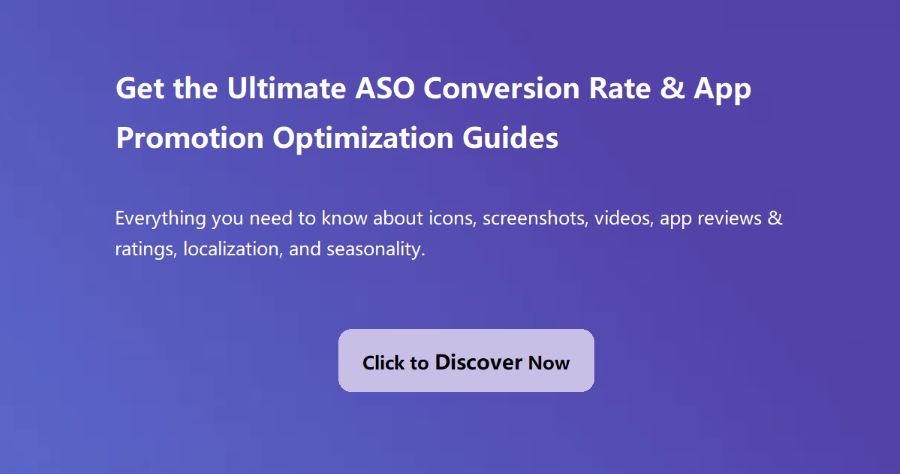App ratings are a quantifiable measure, typically on a scale from 1 to 5 stars, that reflects users' overall satisfaction with an app. They are an aggregate of individual user evaluations submitted through app stores or other platforms.
App reviews are written feedback provided by users, which often includes comments, suggestions, or criticisms about an app. Reviews can accompany a rating and provide qualitative insight into the user's experience with the app.
How do app ratings and reviews impact an app's success?
High app ratings and positive reviews can improve an app's visibility in app stores, influence potential users' perceptions, and increase the likelihood of downloads. Conversely, low ratings and negative reviews can deter new users and indicate areas where the app may need improvement.
What is the difference between app ratings and app reviews?
App ratings are numerical scores that reflect the overall user sentiment toward an app, while app reviews are detailed written accounts of users' experiences and thoughts about the app. Ratings provide a quick, at-a-glance indicator of app quality, whereas reviews offer in-depth feedback.
How can developers encourage users to leave ratings and reviews?
Developers can encourage users to leave ratings and reviews by:
- Prompting users within the app at appropriate times, such as after a positive experience or achievement.
- Making the process of leaving a rating or review as easy and seamless as possible.
- Offering incentives, such as in-app rewards or content, for users who take the time to provide feedback.
Can app ratings and reviews be managed or responded to by developers?
Yes, developers can manage and respond to app ratings and reviews by:
- Monitoring feedback regularly.
- Addressing user concerns and showing appreciation for positive comments.
- Updating the app in response to constructive criticism, which can also encourage users to revise their ratings and reviews.
Are there guidelines for app ratings and reviews in app stores?
App stores like the Apple App Store and Google Play Store have guidelines that dictate the acceptable content and behavior for ratings and reviews. These guidelines prohibit practices such as manipulating ratings, posting fake reviews, or using offensive language.
What is review gating, and why is it discouraged?
Review gating is the practice of filtering users based on their sentiment before asking them to rate or review an app, typically by only prompting satisfied users to leave feedback. This practice is discouraged and often against app store policies because it can lead to biased ratings and does not provide an accurate representation of the user experience.
How can app ratings and reviews be analyzed for improvement?
Developers can analyze app ratings and reviews by:
- Using sentiment analysis to categorize feedback as positive, negative, or neutral.
- Identifying common themes or issues mentioned by users.
- Prioritizing updates and changes based on the frequency and severity of the feedback.
- Tracking changes in ratings and reviews over time to measure the impact of app updates.
What role do app ratings and reviews play in app store optimization (ASO)?
App ratings and reviews play a significant role in app store optimization (ASO) as they can affect an app's search ranking within the app store, its conversion rate, and its overall discoverability. High ratings and positive reviews signal to the app store algorithms that an app is of good quality and relevant to users, which can improve its ranking and visibility.






